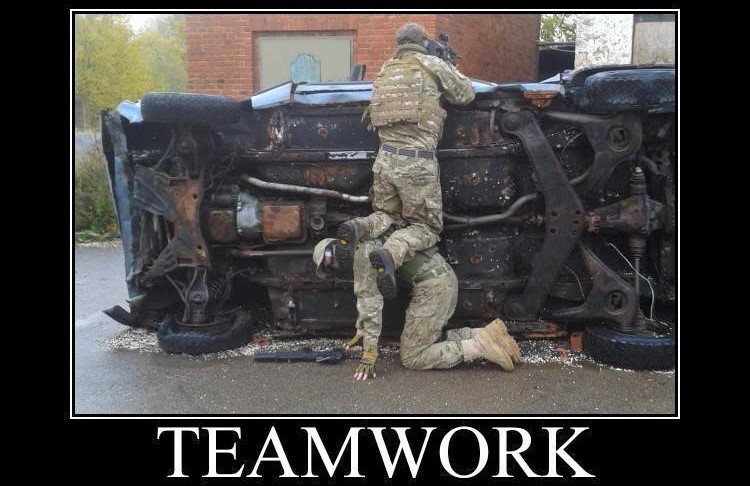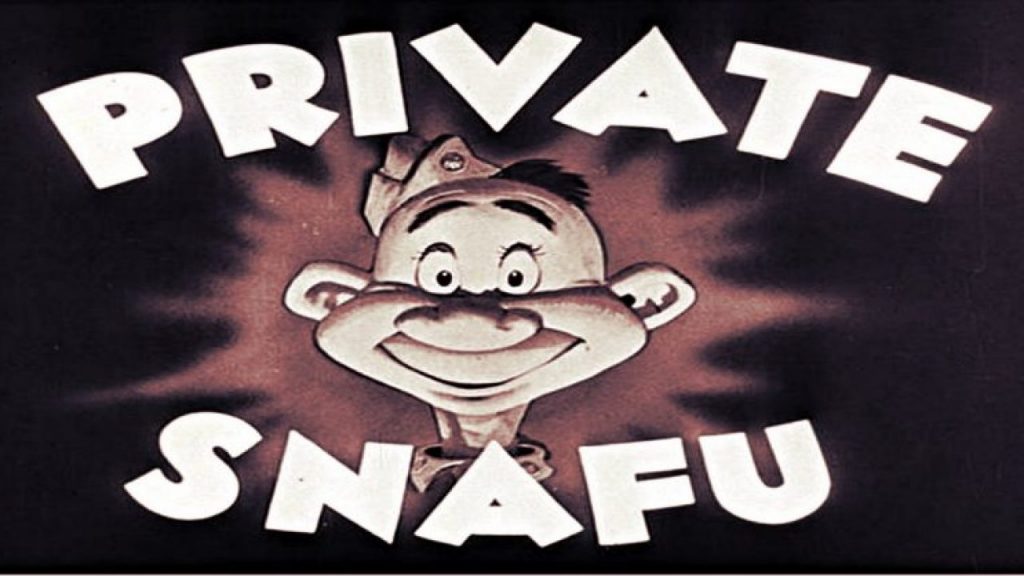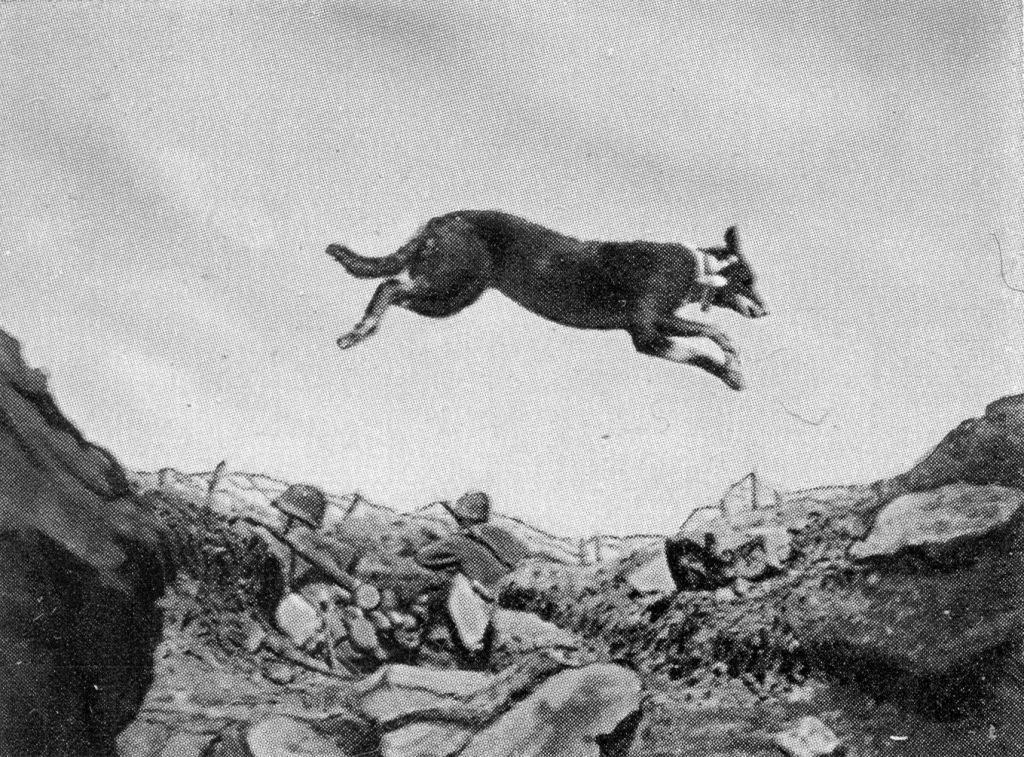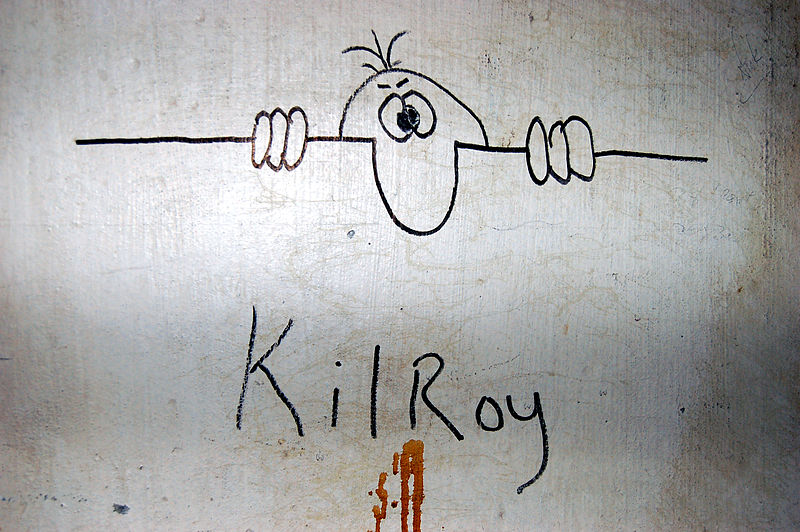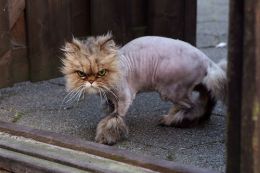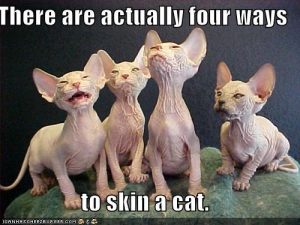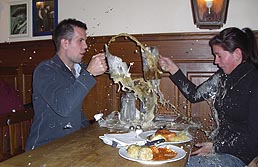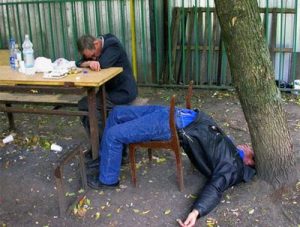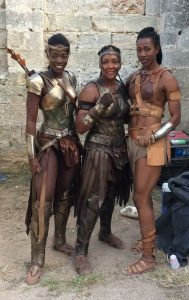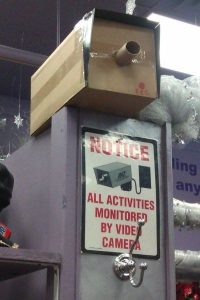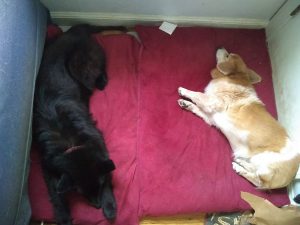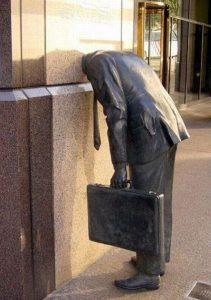In last week’s blog, I discussed nom de guerre, literally war name, that in current French usage has come to mean any pseudonym. Like any other in-group, soldiers develop their own jargon—which often lingers in subsequent slang, often with a morphed meaning.
This blog will showcase just a few such words/phrases.
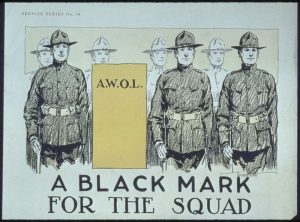
A.W.O.L. (Absent Without Leave) Even before the Civil War, this meant a soldier who has gone off without permission. Now business executives, teenagers, spouses—virtually anyone—can be AWOL, pronounced A-wall. The unexplained or unexcused absence is often trivial.
S.N.A.F.U. (Status Normal: All F*cked Up) The Marines are usually credited with this particular acronym, which originated during World War II. There is some evidence that radio operators came up with the phrase to give humorous meaning to a commonly used set of letters from coded messages. In modern usage, this acronym has essentially the same meaning, lacking only the cynical mocking of commanding officers. (S.U.S.F.U. [Situation Unchained: Still F*cked Up] was coined as a follow-up, but it has largely fallen out of use.
F.U.B.A.R. had several variations of meaning, though “F*cked Up Beyond All Repair” pretty much covers it. Occasionally, it was defined as “F*cked Up By A**holes in the Rear” to express frustration with military command issuing orders from the comfort and safety of their offices well out of harm’s way. Like SNAFU, it originated as military slang during World War II, and it has retained its original meaning in modern slang.
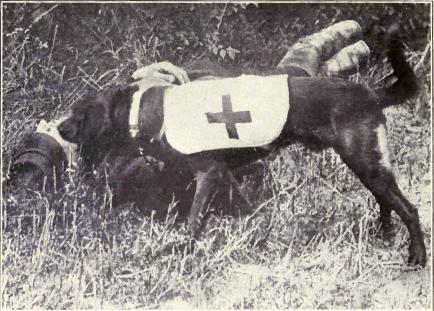
Basket case is used in a fairly lighthearted way today (often describing someone who repeatedly makes stupid mistakes, or who crumbles under pressure), but it has a strange history. Shortly after World War I, rumors circulated of multitudes of soldiers who had been so badly injured that they had to be carried from the battlefield in a barrow or basket, usually having lost all four of their limbs. This belief was so strong that it persists in the public imagination today despite direct evidence to the contrary. In 1919, the Surgeon General of the Army made a public statement that this was not the case, and only one quadruple amputee from the war is known to have survived. Ethelbert Christian lost all four limbs at the Battle of Vimy Ridge in 1917, but he learned how to walk on prosthetics and lived what appears to have been a full and happy life.

In Spanish, “bobo” is a clown or a fool.
Booby-trap has been in use since the mid-19th century for a fairly harmless prank or practical joke. A “booby” was used in English slang to mean a stupid or gullible person as early as the late 17th century. But in WWI, it morphed into meaning an explosive device deliberately disguised as a harmless object. The English journalist Sir Philip Gibbs (1877-1962) said, “the enemy left … slow-working fuses and ‘booby-traps’ to blow a man to bits or blind him for life if he touched a harmless looking stick or opened the lid of a box, or stumbled over an old boot.”
As a nickname for body lice or head lice, cooties first appeared in trenches slang in 1915. It was presumably derived from the coot, a species of waterfowl known for being infested with lice and other parasites. Today it’s a children’s term for an imaginary germ or a repugnant quality transmitted by obnoxious or slovenly people.
In the 19th century, dingbat was used like thingamajig or whatchamacallit as a placeholder for something or someone whose real name the speaker couldn’t come up with at the moment. It came to be used for a clumsy or foolish person during the First World War, before morphing to mean shell-shocked, nervous, or mad. Now it’s used for a stupid or eccentric person.
In British English, “to be in a flap,” meaning “to be worried,” dates from 1916. It was originally a naval expression derived from the restless flapping of birds, but quickly spread into everyday English during the First World War. The adjective unflappable, meaning unflustered or imperturbable, calm in the face of crisis, appeared in the 1950s as a reference to the British Prime Minister Harold Macmillan.
Son of a Gun is generally held to originate as a euphemism for the child of a military father away on a lengthy deployment (and thus somewhat suspicious paternity). In current usage, it is an epithet similar to “son of a bitch,” with positive or negative meanings depending on the speaker.
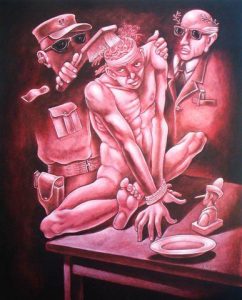
Brainwashing is a literal translation of the Chinese phrase xi nao, to wash the brain. During the Korean War, military reports estimated that 30% of American prisoners of war collaborated with their Korean and Chinese captors. To explain how this was possible, the media created the term brainwashing: systematic, intensive interrogation techniques and indoctrination procedures used by hostile forces to change allegiances of prisoners of war. The term gradually came to be used to label any change of opinion or allegiance—though it still implies unsavory, unfair, or unethical methods!
Skedaddle, meaning to run away or desert from military service, became popular during the American Civil War. Now it means to leave quickly or hurriedly, to run away. In true American fashion, the etymological origins of this word are a mix of many possible languages or perhaps none at all.
OMG (Oh My God!) is very often used as an abbreviation in electronic communication. The first appearance of OMG was in a sarcastic letter Lord Fisher, a retired Naval Admiral, sent to Winston Churchill in 1917, complaining about the number of knighthoods being bestowed upon Naval officers. It has become so common that people sometimes use it as an acronym when speaking aloud: “ohemgee!”
Kilroy or Kilroy Was Here might be considered a bit of visual military jargon that has made its way into common use. James Kilroy wrote his name on sections of Navy ships under construction to certify that he’d personally checked the welding. Because his name seemed to be everywhere, British and American service members took to writing it on every surface imaginable in Europe and Asia, most likely as good-luck totem. (The origins of the accompanying long-nosed, bald man are unknown, but it may have started as a British cartoon.) Kilroy is still one of the most commonly graffitied images in the world today, with or without his name.
Bottom line: Word meanings are fluid, so be aware of timeline and context in order to truly understand what the speaker is trying to communicate.
